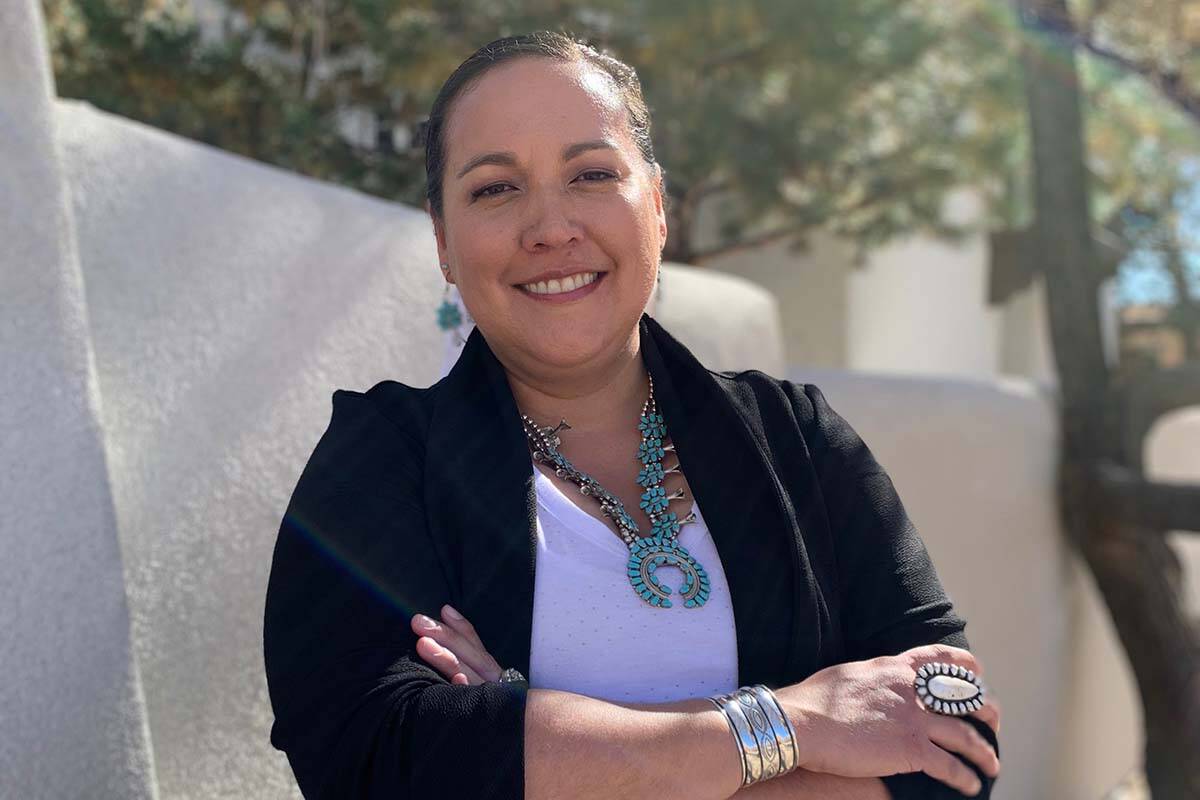Lack of access to clean drinking water and low-quality health care have had a direct impact of Indigenous people’s vulnerability to COVID-19, according to a B.C. expert.
Kimberly Huyser, an associate professor of sociology at the University of British Columbia, has been studying Indigenous people’s health in relation to the pandemic since it began. She said it wasn’t the specific virus that interested her, but rather the way it highlighted how health care often fails Indigenous people in North America.
“Disease exposure and illness don’t happen in a vacuum, they happen within a social context,” Huyser said in a Q&A with UBC.
Inequitable access to health care in remote communities, a lack of clean drinking water, and a high level of chronic health conditions are among the social factors Huyser identified as contributing to to the disproportionate impact COVID has had on Indigenous people.
Indigenous families are also more likely to live in multi-generational homes, as well as experience higher rates of diabetes, cardiovascular disease and asthma than non-Indigenous people, Huyser said.
The number of active COVID cases within First Nations people living on-reserve was 1.6 times the rate of the general Canadian population as of March 22, according to Indigenous Services Canada.
READ ALSO: Anti-Indigenous racism embedded in B.C. healthcare system: report
Even when Indigenous people do have access to quality health care, there is a significant barrier of mistrust and apprehension caused by decades of racism.
Huyser said the solutions are already within grasp, though. Recommendations from the Truth and Reconciliation Commission and the In Plain Sight report on Indigenous-specific racism in health care clearly outline what needs to be done to protect and empower Indigenous people and communities.
“Honouring Indigenous community autonomy and sovereignty does have positive effects on health and outcomes,” Huyser said.
She emphasized the importance of enacting recommendations now to protect Indigenous elders and ensure the transfer of knowledge and languages between generations.
READ ALSO: Pandemic underscores value of culturally sensitive Indigenous health care: experts
@janeskrypnek
jane.skrypnek@bpdigital.ca
Like us on Facebook and follow us on Twitter.

